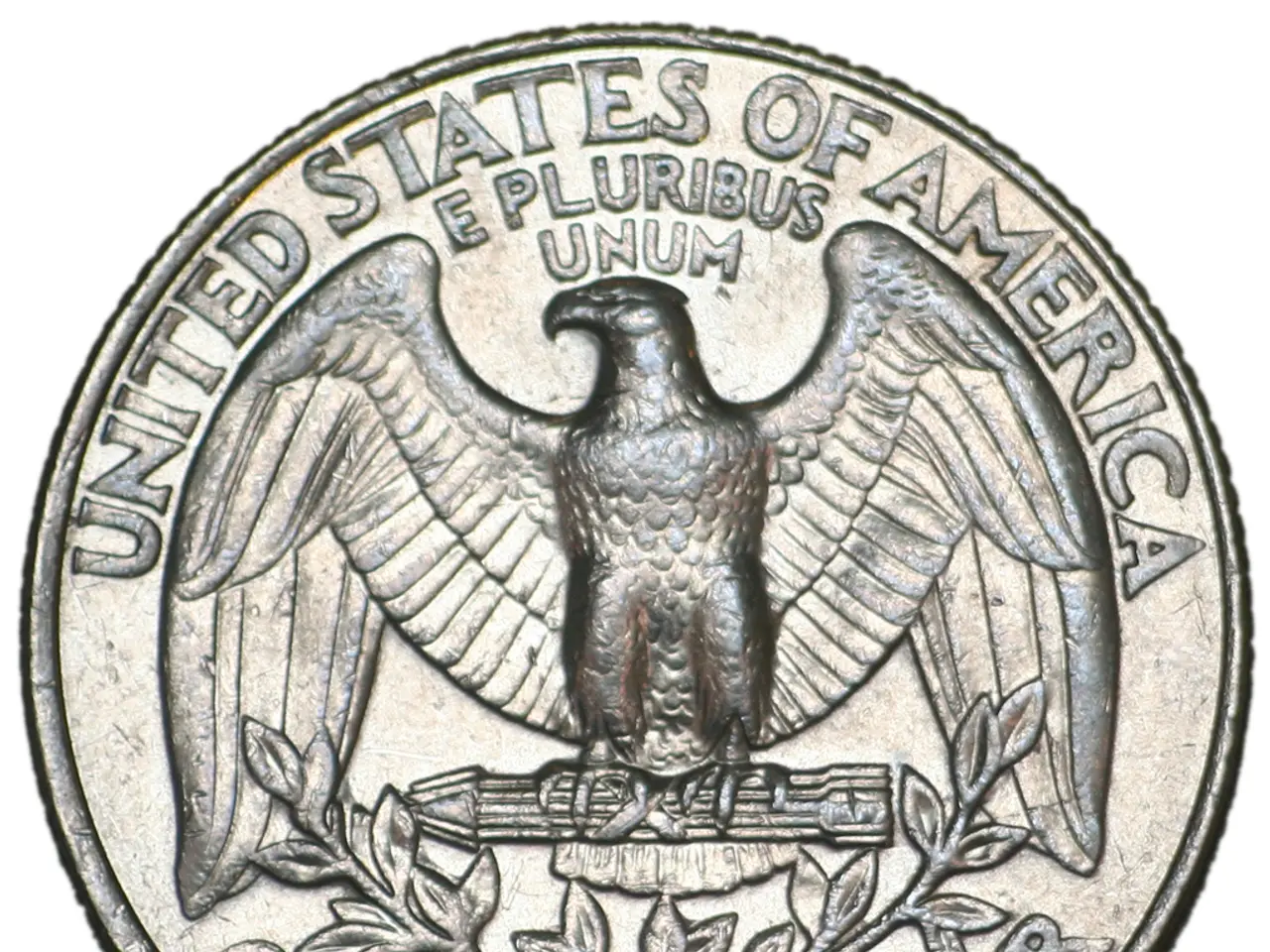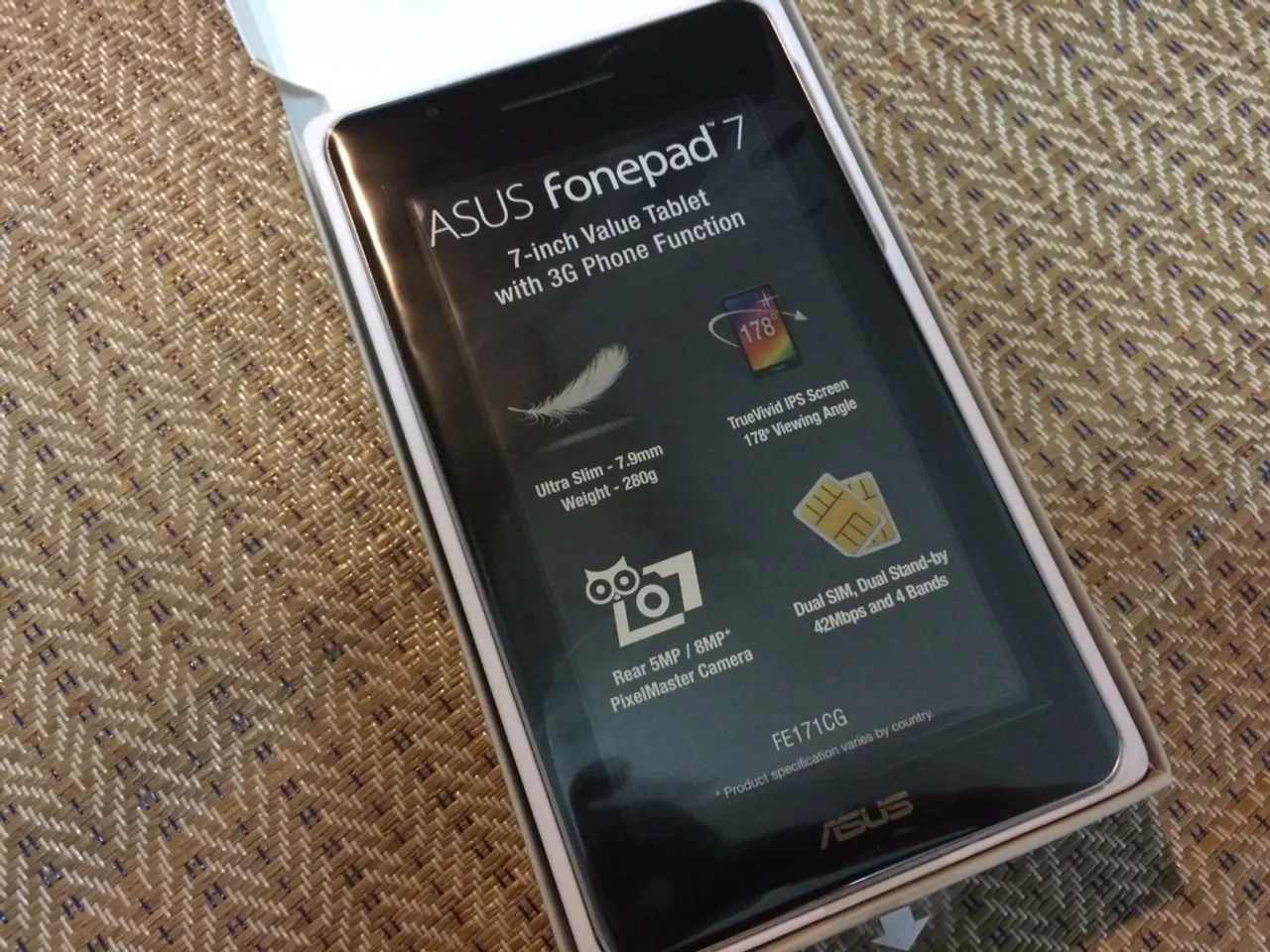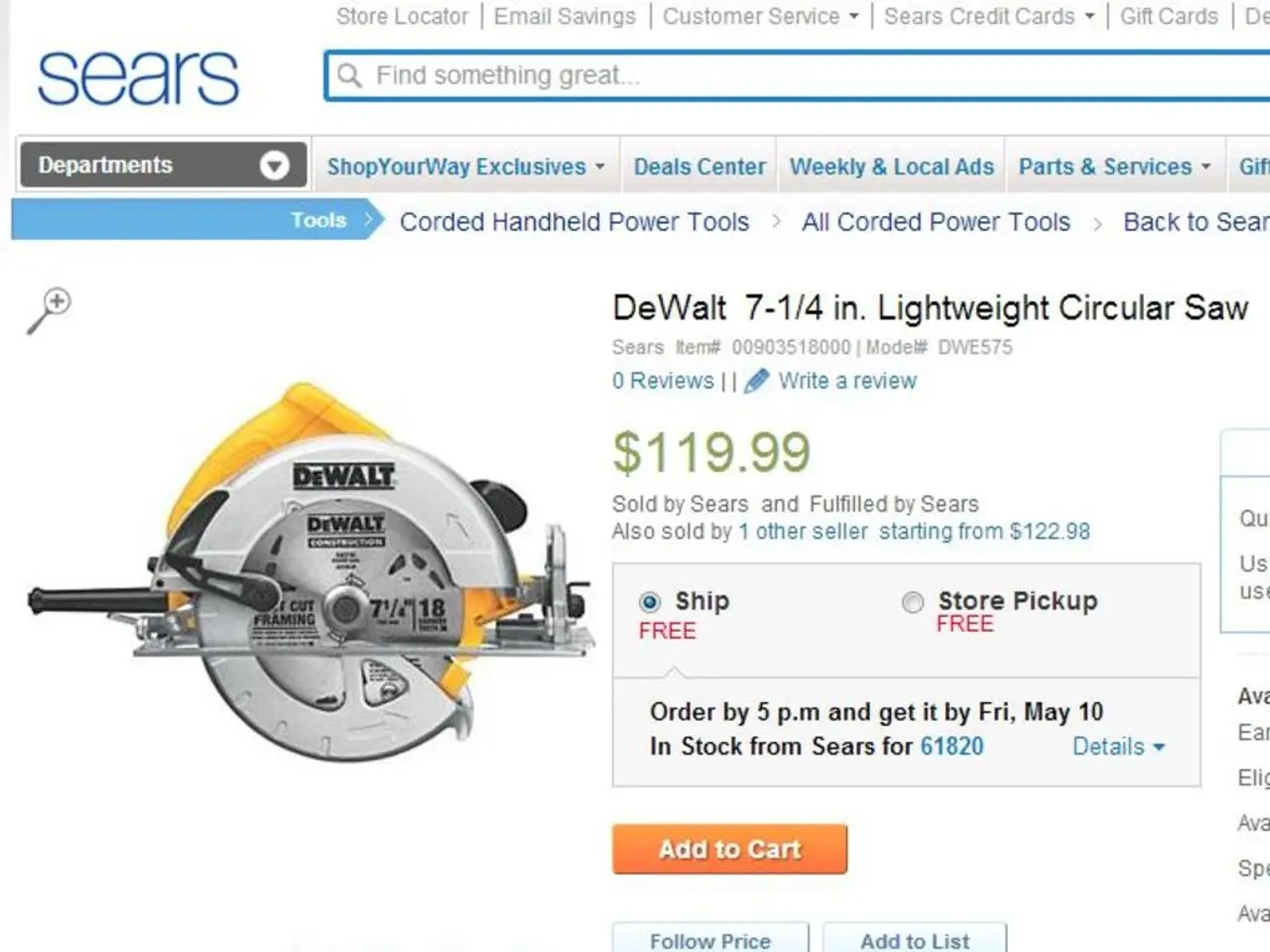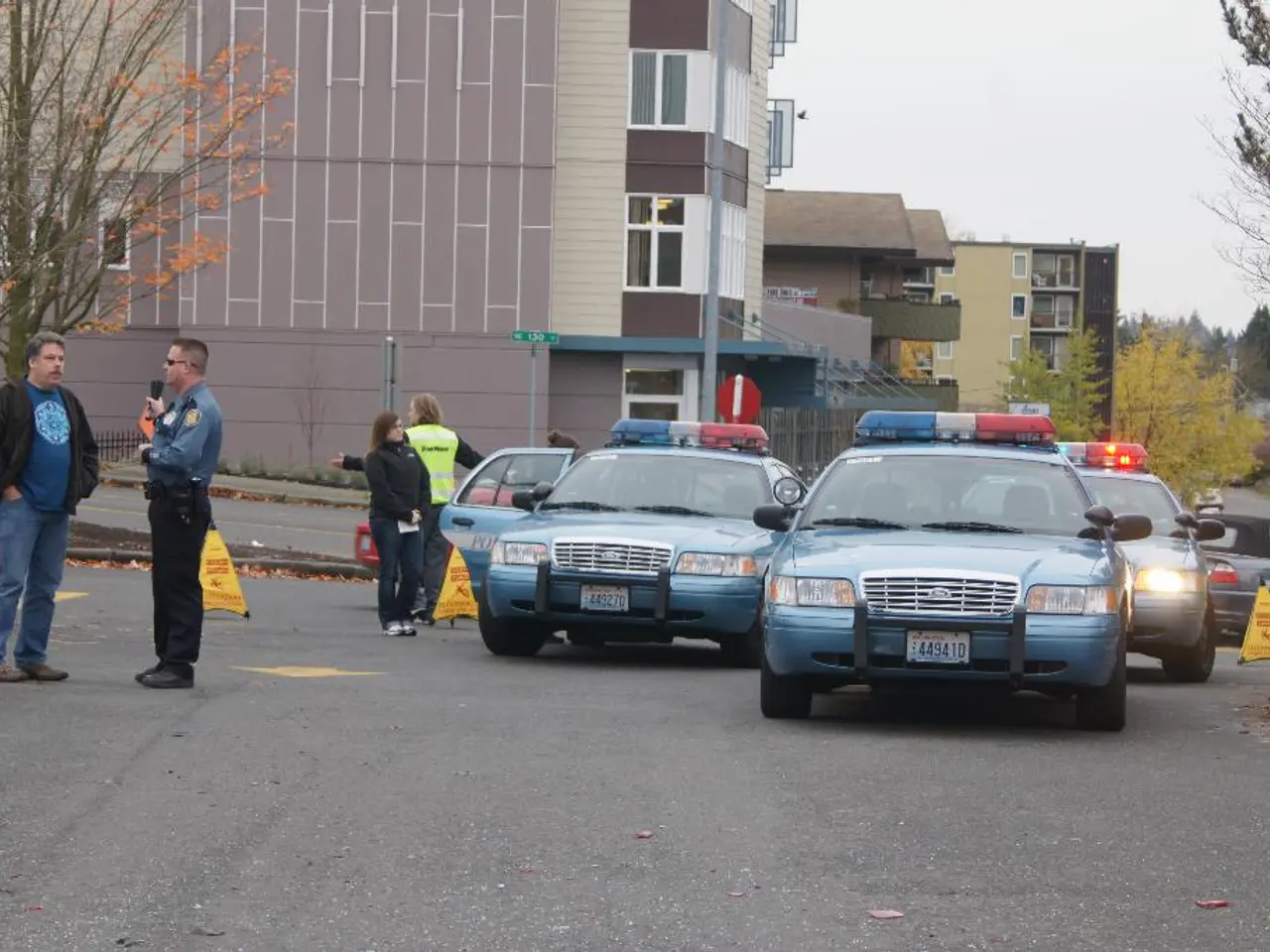NFT Jargon Decoded: Essential Terms and Terminology to Master
In the ever-evolving world of Non-Fungible Tokens (NFTs), a unique language has emerged, helping participants navigate this exciting and complex ecosystem. Here's a primer on the commonly used terms and slang within the NFT community.
One of the first things to understand is that NFT slang consists of specialized words and phrases that capture the cultural and technical aspects of NFTs. For instance, "minting" refers to the process of creating a new NFT, while "gas fees" signify the costs associated with blockchain transactions.
This specialised language, or NFT slang, plays a crucial role in fostering communication, comprehension, and connection within the NFT space. It allows newcomers and insiders to engage meaningfully in discussions on platforms like Discord and Twitter, helps users keep track of trends and dynamics within NFT projects, and provides insights to identify good opportunities for investment or involvement. Furthermore, it builds a sense of community and shared identity through a common vocabulary.
Other essential terms include "wallet," a digital tool that stores NFTs and cryptocurrencies; "LFG," an acronym that stands for "Let's Freaking Go," used to express excitement and motivation in the NFT community; "WAGMI," which means "We're All Gonna Make It," used to boost optimism; and "OGO," referring to early adopters or NFT creators in the digital art space.
Blue chip NFTs are considered stable, long-term investments with strong communities and consistent growth. "Metadata" describes the details or traits of an NFT, such as its name, creator, and attributes. The "floor" represents the lowest price available for a particular NFT collection. "HODL" means holding onto an NFT or token for the long term, while "reveal" is when a newly minted NFT's hidden traits or design are finally shown.
Airdrops are free NFTs or tokens given to a specific group of wallet holders, and "minting" also refers to the process of creating a new NFT. "Diamond hands" means holding an NFT or token through price drops without selling, and "burning" an NFT means removing it from circulation forever.
Understanding NFT slang is vital for entering the NFT space, as it helps keep up with conversations and trends. For example, "pump" describes a sudden rise in an NFT or token's price, often driven by hype or increased interest, while "moon" refers to an NFT's price going up significantly. "Alpha" stands for insider information or valuable tips that help in making profitable decisions, and "roadmap" outlines the future goals and plans of an NFT project.
A common greeting in NFT communities is "GM," which stands for "Good Morning," and "FUD" stands for "Fear, Uncertainty, and Doubt," a tactic often used to lower an NFT project's value. "Gas fees" are the costs required to make a transaction on the blockchain, and "flipping" refers to buying an NFT with the goal of quickly selling it for profit.
Lastly, "Generative Art" is a form of digital artwork created using code, with unique pieces generated by algorithms. "Rarity" indicates how unique or scarce an NFT is within a collection, and "DYOR" stands for "Do Your Own Research," a reminder to personally investigate projects before buying.
In conclusion, the language of NFTs, or NFT slang, is a vital tool for navigating the NFT space. By understanding this unique lingo, participants can engage more effectively, stay informed, and make more informed decisions in the dynamic and rapidly evolving world of Non-Fungible Tokens.
- In the NFT community, a digital tool known as a wallet stores NFTs and cryptocurrencies, acting as a crucial asset management tool.
- A common expression of excitement and motivation among NFT enthusiasts is "LFG," which stands for "Let's Freaking Go."
- The process of creating a new NFT can be referred to as 'minting,' and it occasionally also describes the giving out of free NFTs or tokens to a specific group of wallet holders, known as 'airdrops.'
- Understanding the terminology and slang of the NFT community, such as 'rarity' and 'DYOR,' enables participants to make more informed decisions and navigate the complex and rapidly evolving world of Non-Fungible Tokens (NFTs).




